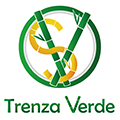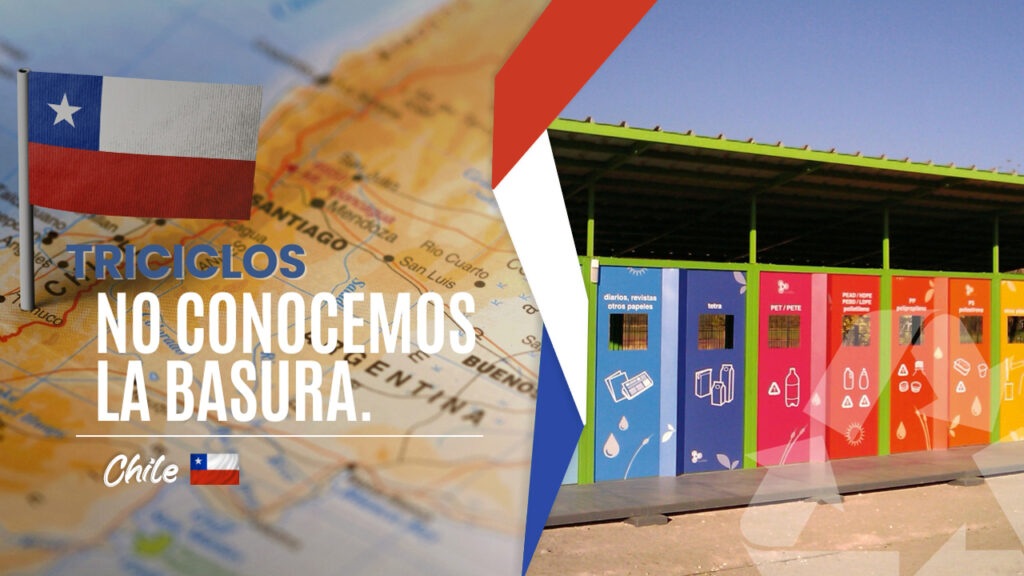This week, we’re heading down south—way down—to a country known for its strong eco-spirit. We’re talking about a region that’s considered a pioneer of Circular Economy in Latin America. And the star of the week? It was born in Chile and is already making its way into other South American countries. Our hope? That it soon spreads across the entire continent.
We’re talking about TriCiclos, and their story began back in 2009. Their mission is crystal clear: reduce waste to zero. To make that happen, they’ve built the largest recycling station network in South America. One stat that really stands out: this green initiative has helped divert over 33,000 metric tons of recyclable materials from landfills, which in turn has prevented over 140,000 metric tons of carbon emissions. That’s huge.
Think of TriCiclos as a well-oiled system designed to develop eco-friendly alternatives that help avoid waste generation from the start. Their approach begins with raw materials and goes all the way to waste disposal at the end of a product’s life cycle. And at that final stage, they pay extra attention to how waste is handled—so it can be reused or recycled properly, reducing environmental impact and fighting global warming.
The foundation of TriCiclos stands on three solid pillars:
Strategic Consulting
Education and Awareness
Recycling and Data Collection
Each of these pillars involves a variety of strategic actions that help both communities and businesses move toward a true Circular Economy. One of the most powerful aspects of TriCiclos is their strong focus on education and raising awareness. They put serious energy into helping people understand waste management, public policy implementation, and clean processes. They also provide guidance to all sectors of society on how to optimize resource use and manage waste more effectively.
And this is no small task—one of the biggest barriers in waste management is simply that people don’t know how they can contribute to reducing pollution. There’s also a huge lack of awareness around all the different ways waste can actually be repurposed as a resource—whether for business opportunities or alternative treatments. We’ve been conditioned to think that once something is thrown away, it’s useless. But that’s far from the truth.
Thanks to the way this project brings together public and private players, along with everyday citizens, TriCiclos has been able to partner with major companies across the region and the globe—like Unilever, Sodimac, and Greco y Guerreiro.
Take Unilever, for example. This British multinational, which sells products in over 190 countries, teamed up with TriCiclos to analyze packaging and make it more recyclable. Using a specialized tool, they were able to assess the Recyclability Index (RI) of packaging materials—basically understanding what each package is made of, identifying its limitations, and using that info to make smarter decisions that lower environmental impact.
We could go on and on about the many processes that TriCiclos leads—but there’s one in particular we want to highlight. It’s simple, but incredibly impactful, because it helps shift the mindset of everyday people: Clean Points (or Puntos Limpios). These are stations where people can drop off and sort their recyclable waste.
Set up in open-air locations, these stations can accept up to 25 different types of recyclable materials, including:
– Cellulose (cardboard, white paper, mixed papers)
– Plastic-coated cardboard
– Plastics (PET, PP, PE, PES, and more)
– Metals (aluminum and other metals)
– Glass
TriCiclos is already operating beyond Chile—in countries like Brazil and Colombia.
Learn more about this amazing project at https://triciclos.net/
And we want to hear from you:
Does your country or region have anything like what TriCiclos is doing to keep waste out of landfills?
What kind of business idea can you come up with using recovered materials?

